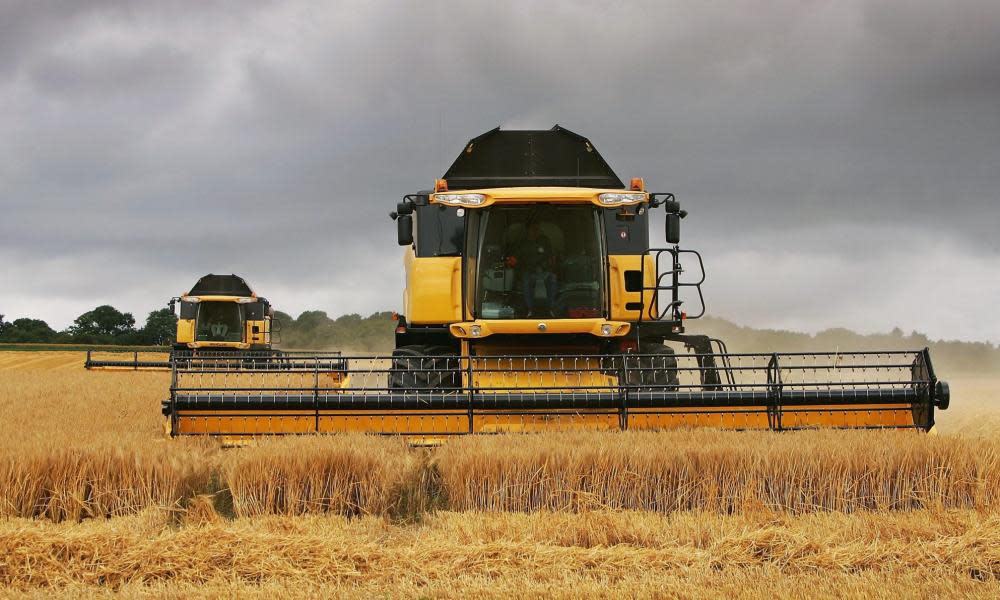UK farmers are addicted to subsidy, says government adviser

Tax breaks for farmers have caused a “subsidy addiction” and are used to avoid inheritance tax, a government adviser has claimed.
Economist Dieter Helm, chair of the Natural Capital Committee, which advises the Department for Environment, Food and Rural Affairs (Defra), called for a review of the current taxation rules for farmers and said the agricultural sector received a disproportionate level of government support.
Professor Helm, who said he was speaking in a personal capacity, told BBC Radio 4’s Today programme on Saturday: “If you’re producing 0.7% of output, receiving £3bn of subsidies for that output of about £9bn and being exempted on rates, and being exempted on diesel and being exempted on inheritance tax, this is quite a list. And we’ve got there by accident almost – one after another of these concessions has been made; it’s kind of a subsidy addiction in the end.”
He added: “Farmers receive not just the £3bn of subsidy, they receive a whole range of other benefits that nobody else in the economy gets.”
National Farmers Union vice-president Guy Smith told the BBC that government assistance helped British agriculture stay competitive globally.
“What we are rightly weary of is having to compete against farmers in other parts of the world who get greater levels of support, or who have different costs of production because of different policy,” he said.
Defra said that Michael Gove, the environment secretary, remained committed to the long-term support of British farmers.
A spokesperson for Defra said: “These ideas are not under consideration. The secretary of state has been clear that he wants to go on generously supporting farmers for many more years to come.”
The total value of British farmland and woodland reached £185bn in 2016, according to Savills Farmland Value Survey, a 149% increase over the past decade.

 Yahoo News
Yahoo News 
